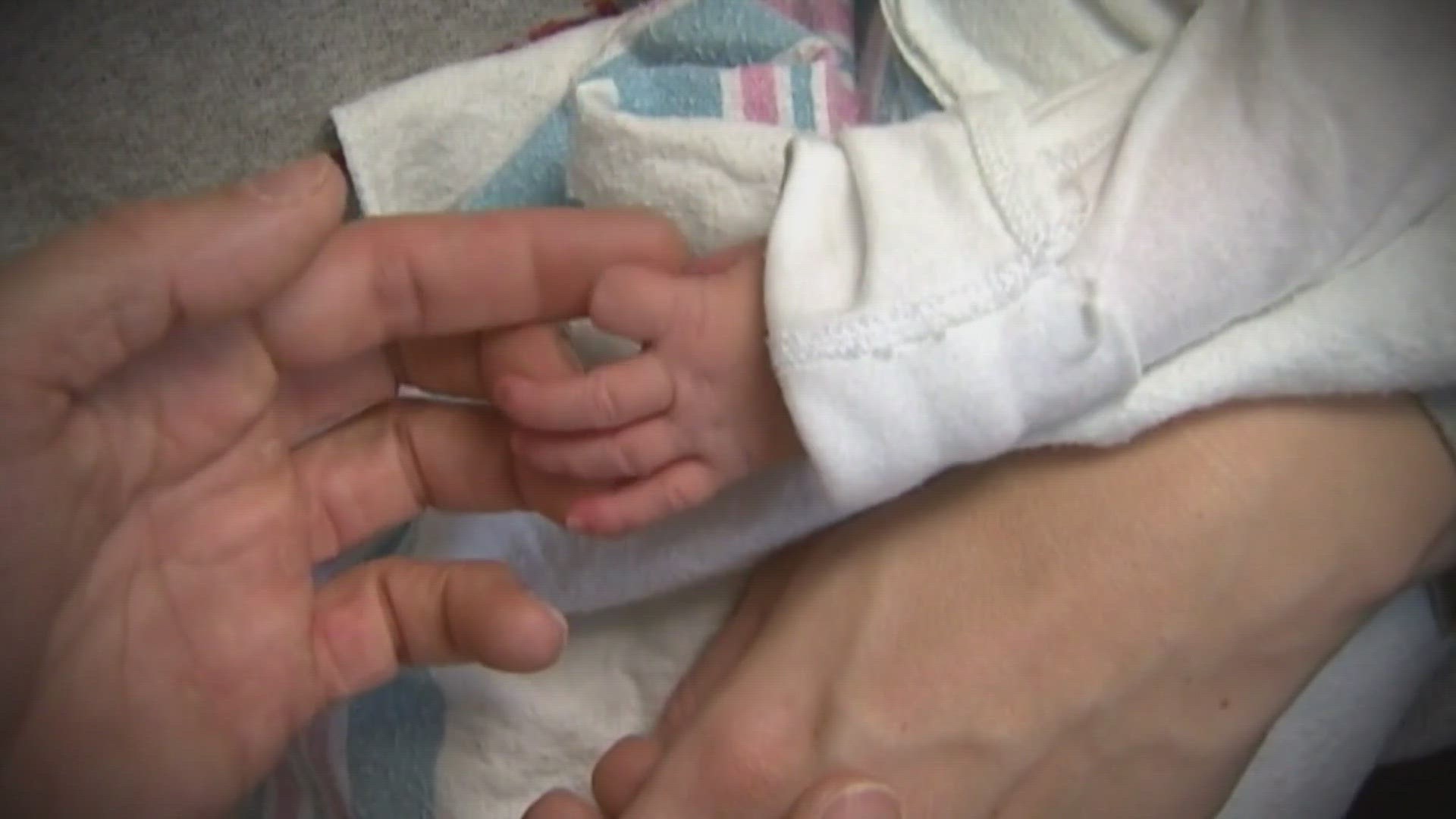AUGUSTA, Maine — Maine is getting a public paid leave program, and the state government took one more step Monday toward outlining its parameters.
After the Legislature paved the way for the program and included it in the budget last summer, the Maine Department of Labor released its proposed rules on Monday, which include up to 12 paid weeks off for eligible employees for family and medical reasons, like childbirth or caring for a relative.
Advocacy group Maine People’s Alliance and union Maine AFL-CIO are among supporters whose leadership testified in favor of the original bill as it worked through its legislative committee.
Cate Blackford, of the Alliance, highlighted a few proposals about which she was happy to see included. Under the plan, as it stands, lower earners receive a higher percentage of their pay back in benefits, and that businesses with fewer than 15 employees would not need to pay into the program at all. But those that do must pay at least half of the payroll contribution for each employee, leaving the rest open to collective bargaining. The total contribution to the state to run the program for each employee is currently proposed at one percent of their gross earnings, with the company covering at least the aforementioned half.
In a Monday video interview, Blackford felt an established paid leave program was vital for all Mainers, whether someone used the paid hours or benefitted from care from a loved one who was able to use them.
"Setting up a system where we can do that without risking our homes, our livelihoods, and all of the other pieces is so incredibly important," she said.
"Working people deserve time away from their job in order to take care of a loved one, and it's just not possible to do that if you're not getting paid," Adam Goode of the AFL-CIO said.
Jeff Austin lobbies for the Maine Hospital Association, representing nearly all Maine hospitals that together employ around 30,000 people. In the same committee meeting where Blackford and Good submitted testimony, Austin testified against the bill. On Monday, he said some of his members already offered their own versions of paid leave, and believed a solution on the state program is out there — noting his association successfully lobbied so that companies can apply to opt out if they have, according to the proposal's language, a "substantially equivalent" plan to that of the state.
Though final numbers are uncertain, the state plan will take many millions of dollars to operate, requiring it to raise capital in advance of its rollout.
To that end, Austin remained concerned that the state begins collecting payroll contributions for the program on January 1, 2025, while launching benefits May 1, 2026. If a business successfully opts out to operate its own paid leave plan, he claimed, that confirmation would not come until after launch; after the business's contributions are already collected.
"We have to pay into the state program, whether we’re gonna use it or not," he said. "We would like the same opportunity that the state has, to build up our reserves in 2025."
Mainers can give public comment on the department of labor’s website; by mailing them to 50 State House Station, Augusta, Maine 04333-0050; or by attending an in-person meeting on June 10 at 9 a.m. at the Frances Perkins Room at 45 Commerce Dr. in Augusta.

